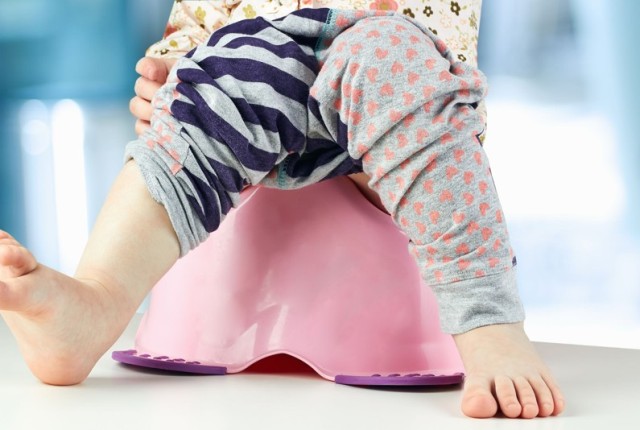Q: Six months earlier, my wife and I chose it was time for our 7-year-old to stop using GoodNites overnight and for us to truly motivate him to get up and utilize the bathroom during the night. We would wake him up two times in the beginning, and then minimized it to waking him up once prior to we went to bed. He has had some successful nights, but even after a round of probiotics from the medical professional, he continues to have mishaps typically. He does not want to go back to using GoodNites, so we're not exactly sure what to do next.
A: Ah, nighttime potty training: the nightmare of numerous parents. Your kid trains like a champ throughout the day, only to have a hard time keeping dry at night, for many years and years. This is stunning for moms and dads. How can the child be consistently toilet-trained every day, and then not be able to manage their bladder during the night?
Well, it ends up there's a lot we don't know about nighttime bed-wetting (or nighttime incontinence/nocturnal enuresis). It is extremely common, particularly in children more youthful than 7.
Even after that age, numerous medical professionals see incidences of bed-wetting, and a majority of these incidences do not have a medical cause. It seems that a lot of children are simply deep sleepers and/or have an "immature bladder," meaning it can't keep urine for a whole night. Numerous cases of bed-wetting are genetic. It is also worth keeping in mind that young boys struggle with bed-wetting much more than girls, and cases like this fix themselves in time.
[Is it time to assist this grouchy 4-year-old quit his naps?]
After kids reach 6 or 7, doctors normally end up being included with the bed-wetting (as holds true with your household). It is uncommon, but there can be urinary system infections, diabetes, sleep apnea, spinal cord problems, or defects of the bladder or urinary tract, and physicians will buy tests to start to rule out these problems. Once again, these concerns are very uncommon (only 3 percent of bed-wetting children). Bed-wetting can also suggest extreme tension or injury; these children are normally trained in the day and night, and then will inexplicably begin bed-wetting. If there has been any trauma or crucial shifts in the household, please let your medical professional know, as this will significantly impact your kid's care.Your son is stuck between a rock and a hard place. He has given up training trousers and doesn't want to move backward; the thought of wearing them again is probably embarrassing and they can feel like diapers for babies. However without the training trousers, he wakes up wet and needs to change his bed linen daily. Medical professionals warn it is the emotional tension of bed-wetting that causes one of the most harm to kids, not the bed-wetting itself. So, what are you to do?
Cultivate the self-confidence that this will improve. Do you in fact know this? No, however your child needs to see hope and self-confidence. If he feels that you are unwinded and unruffled by this, he will likewise be able to remain calm and move forward. It is necessary to manage your emotions around this procedure, instead of "working" on your kid like he is a task.
Deal with the laundry concern. Purchase waterproof sheets, utilize as little and as easily laundered bedding as possible, and have your kid assistance you. A little bit of company on his part will help him to feel less like a "failure.".
If the concern isn't medical, examine utilizing an alarm or "pee pad." It is not guaranteed to work, but lots of moms and dads swear by it. Talk with your medical professional before going down the alarm course.
I know this is a difficult time, however do your finest to stay laid back. One method or another, your child will ultimately stay dry through the night. Stay connected with your medical professional, treat this as a laundry problem, remain compassionate and good luck.

Post a Comment